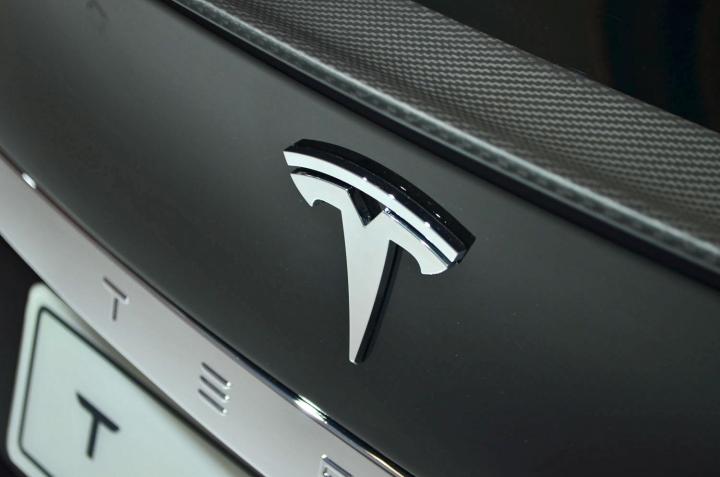
What the upcoming Roadster — assuming the name is retained — will be powered by is up in the air at this point. However, Tesla has hinted the all-electric convertible will be even quicker than the top-of-the-line Model S, which is currently the fastest member of the company’s lineup.
“There is of course one speed faster than Ludicrous, but that is reserved for the next-generation Roadster: maximum plaid,” affirmed the automaker in a press release.
With Ludicrous mode engaged, the Model S is capable of hitting 60 mph from a standstill in just 2.5 seconds, a figure that makes it the fastest regular-production four-door sedan on the planet. If Tesla keeps its promise, the next Roadster will be able to sprint from zero to 60 mph faster than the sold-out McLaren P1. That’s no small feat, but Tesla has consistently impressed with its ability to outgun the industry’s biggest and best-established names.
While the original Roadster was built on a platform borrowed from England-based Lotus, Musk has all but confirmed its successor will be developed and built entirely in-house. Some sources claim it will borrow quite a few bits and pieces from the upcoming Model 3, but the California-based carmaker has opted not to comment on the matter.
What’s all but certain is the convertible will not use any components stamped with a Lotus part number.
“[When we designed the Roadster] we ended up changing most of the damn car so we thought later, why did we do that?” revealed the executive in an earlier interview.
Tesla is busily putting the final touches on the Model 3, its 3 Series-fighting model, and it has strongly hinted its fourth model will be a crossover positioned below the X. Replacing the Roadster isn’t a top priority, and Musk affirmed on Twitter that a replacement is still “some years away” from debuting.



